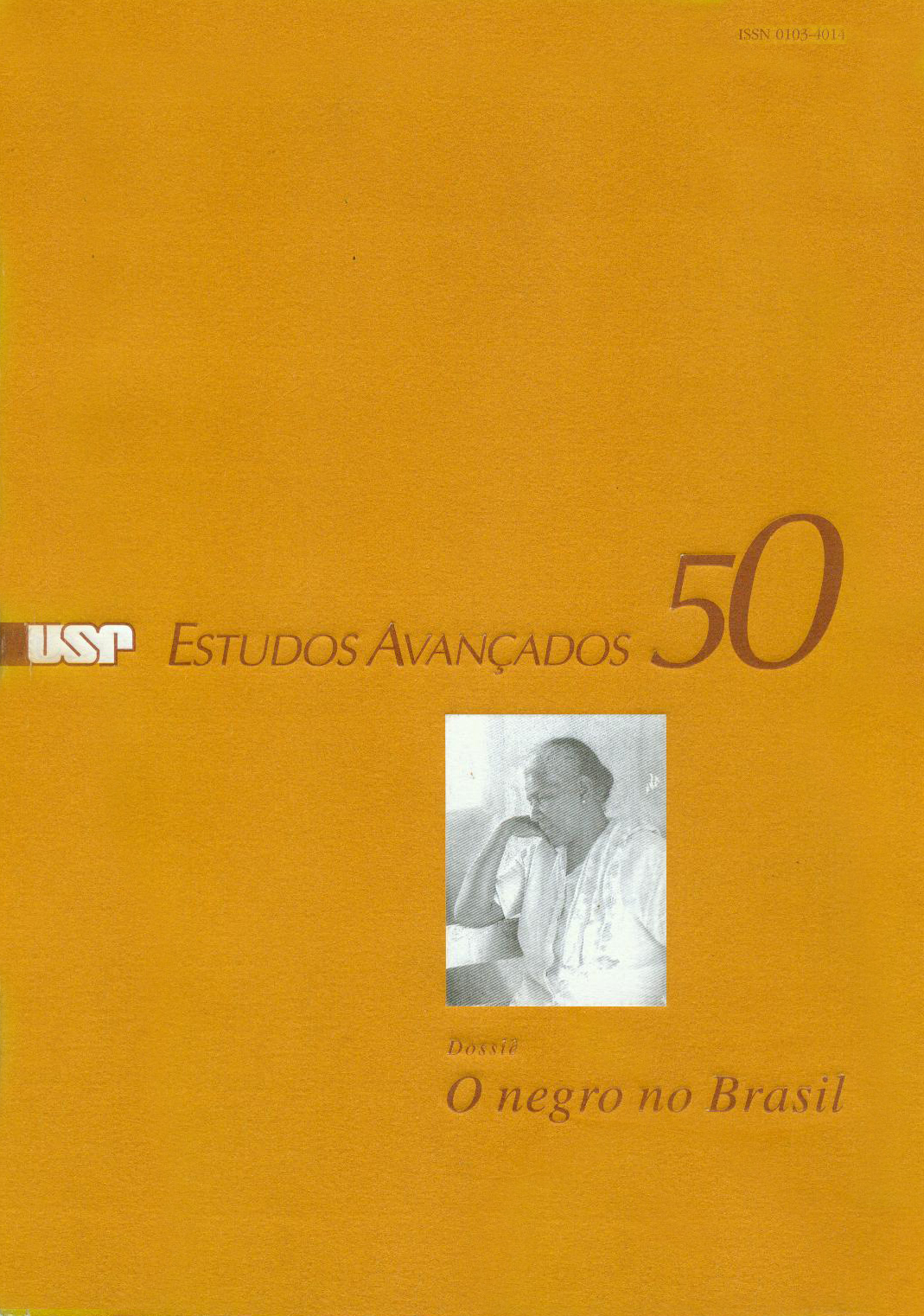Pode a genética definir quem deve se beneficiar das cotas universitárias e demais ações afirmativas?
Abstract
IN THIS ARTICLE we used tools of molecular and population genetics to estimate quantitatively the African contribution for the formation of the Brazilian population. We examined two genomic compartments: mitochondrial DNA (mtDNA), maternally inherited, and nuclear DNA, inherited from both parents. The studies using mtDNA showed that about 30% of Brazilians self-classified as White and 80% of Brazilian Negroes carry maternal lineages typical of Sub-Saharan Africa. Using these data we could estimate that at least 89 million Brazilians are afrodescendants, a number considerably larger than the 76 million individuals self-classified as Negro in the 2000 census. The analyses on nuclear polymorphisms employed "ancestry informative" markers and showed even more striking results. On the basis of studies in individuals self-classified as White from several Brazilian regions, we estimated that approximately 146 million Brazilians (86% of the population) had more than 10% African contribution to their genome. These numbers should be taken into account in discussing affirmative action programs in Brazil, but in a descriptive rather than a prescriptive sense.Downloads
Download data is not yet available.
Downloads
Published
2004-04-01
Issue
Section
Issues on Debate
License
Estudos Avançados não celebra contrato de cessão de direitos autorais com seus colaboradores, razão pela qual não detém os direitos autorais dos artigos publicados. Os interessados em reproduzir artigos publicados na revista devem necessariamente obter o consentimento do autor e atribuir devidamente os créditos ao periódico.
How to Cite
Pena, S. D., & Bortolini, M. C. (2004). Pode a genética definir quem deve se beneficiar das cotas universitárias e demais ações afirmativas? . Estudos Avançados, 18(50), 31-50. https://www.journals.usp.br/eav/article/view/9967


